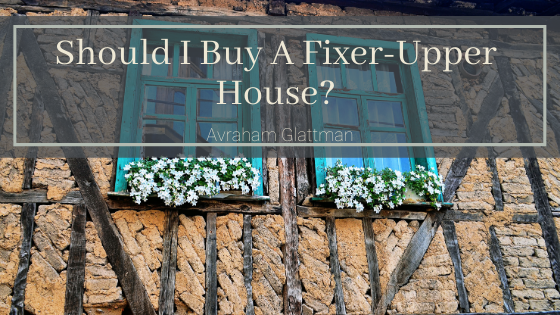At first glance, a fixer-upper home can seem like a great deal. It gives people the chance to purchase a more affordable property and turn it into a beautiful home with a little work. However, actually fixing up a property can be surprisingly difficult. Here are some things to consider when trying to decide whether a fixer-upper is a good idea.
Pay Close Attention to Funding
One of the most significant factors in the decision will be whether or not a person has the funds for the project. Before purchasing a fixer-upper, it is good to consult with professionals and estimate how much repairs will cost. If the buyer does not have liquid cash, they may need to make sure they can get a loan.
Avoid Fixing Up a Home for More Than It’s Worth
Think carefully about whether the proposed remodel will cost more than the house is worth. Fixing up a home until it is significantly fancier than its surrounding neighbors is a bad idea. Once the repairs are done, it may turn out that people who can afford to pay for a luxuriously remodeled home do not have an interest in a rougher neighborhood. Buyers should only get a fixer-upper if the renovated home’s value is equal to or exceeds the cost of buying and repairing the house.
Be Realistic About How Hard the Project Will Be
Fixer-upper projects are available on a scale from surprisingly simple to fiendishly complicated. Buyers need to think carefully about how much time and energy they want to put into the project. Minor cosmetic changes like new paint are a simple DIY project while fixing major structural problems can require months of work and hiring multiple experts.
Buyers Who Need a Home Soon Should Think Twice
The majority of fixer-uppers are not move-in ready. Even when it is technically possible to live in a home while fixing it up, it can significantly complicate repairs. Therefore, buyers need to carefully time their purchase to match their housing needs. Those who need to rent another home while fixing up the property may need to be prepared for the added expense of extra housing.
